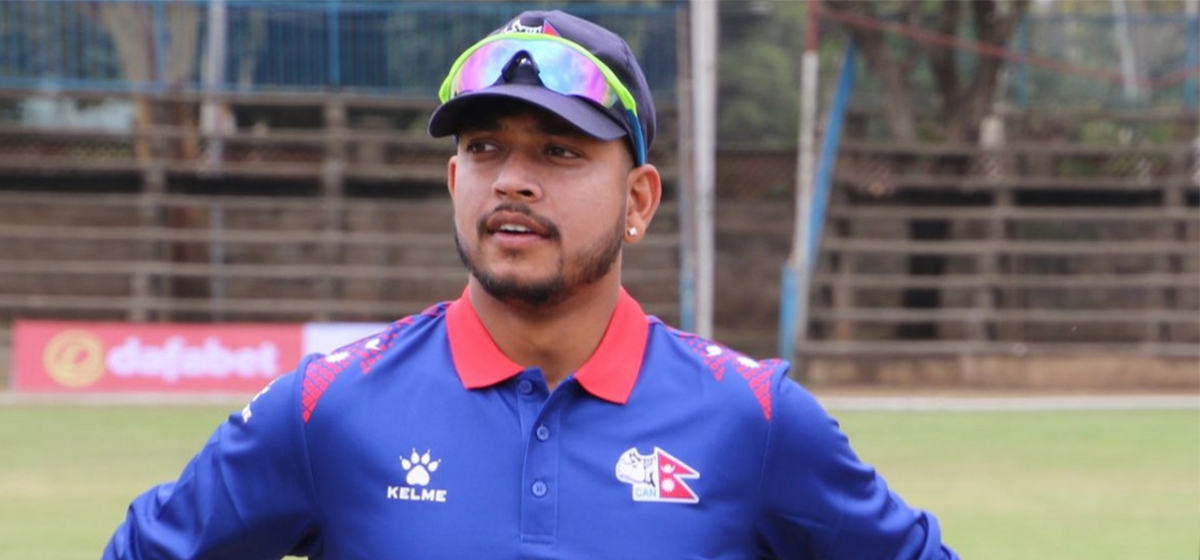KP Sharma Oli’s rise to prominence in Nepali politics has its roots in Jhapa. Under the tutelage of Ramnath Dahal, Jhapa’s well known communist leader in the early 1960s, Oli learned to take political risks at an early age of 12. Fond of playing chess and football, and writing poems, Oli loved scoring goals, as he has done often so in politics in recent years. PM Oli, 66, is now at the center of Nepal’s aspiration to leapfrog into the 21st century of prosperity, driven by rapid technological advances.
Addressing from Mugu with the majestic Rara Lake in the background, PM Oli assured the nation in the morning of Baishakh 1, Nepali New Year 2075, that he would fulfill his dream of “prosperous Nepal, happy Nepali”. He vowed that the people will experience meaningful changes in the health and wealth of the country in the next five years. From eradicating absolute poverty to ensuring mandatory primary school attendance, PM Oli has a lot on his plate. Thoughtful foresight, evidence-based decision-making, cutting bureaucratic red tapes and expert take on tackling issues will only expedite PM’s ambitious agenda of prosperous Nepal.
Our 38th prime minister exudes confidence, often gives long speeches but still manages to stay on message. After the infamous Indian Blockade of 2015/16, Oli emerged as the leader who can stand up against extreme form of foreign meddling in Nepal.
How to ace your college applications? Here are some tips and tr...

Commanding a two-thirds majority in parliament and with the left alliance government in six of the seven provinces, some of the Indian diplomats see PM Oli as more powerful than King Mahendra.
PM Oli talks about buying ships, and opening up waterways to Nepal from the Indian Ocean. One of the three major bilateral agreements with India during his state visit there was on establishing a new connectivity between Nepal and India through inland waterways. During his previous stint as prime minister, he promised gas pipes to every household and underground subway in Kathmandu. The people did not take his “outlandish” dreams seriously then.
However, the game is different this time around. Commanding a two-thirds majority in parliament and with the left alliance government in six of the seven provinces, some of the Indian diplomats see PM Oli as more powerful than King Mahendra. Soon after assuming the office, PM Oli decided to bring Social Welfare Council (SWC), the National Investigation Department (NID), Department of Revenue Investigation (DRI) and Department of Money Laundering (DMLI) under his office. The move ensures sweeping powers to the Office of the Prime Minister including keeping tabs on I/NGOs and maintaining information on the status of investigations on
big taxpayers.
PM Oli was praised for selecting “clean and able” politicians as his ministers. His selection of Yuba Raj Khatiwada as finance minister, Lal Babu Pandit as minister for federal affairs and general administration and Rabindra Adhikari as tourism minister has been widely seen as a move to cleanse the government machinery and make things happen. The country awaits their action on issues affecting people’s lives on a daily basis and more.
People are closely watching PM Oli’s words and his actions. The government will have to be disciplined and meticulous in planning, designing and executing programs and projects. Haphazard announcement of projects without proper planning and false promises won’t be able to address people’s Everest of expectations. We will need real action on the ground, solid achievements in a number of economic fronts and improved export-oriented trade with both India and China.
PM Oli lost his mother at four to smallpox and his grandmother took his guardianship thereafter. He now has a unique opportunity to cement his legacy in Nepal’s history. Having been active in Nepali politics for over five decades, PM Oli is the most powerful leader in recent history. He has the political leverage, will and people’s resounding approval to do whatever it takes to drive the country toward prosperity. Rarely does a country accord such an honor and responsibility to an individual. He now has his own Everest to climb. If he can fulfill it by guiding our country to prosperity, we will remember him as a statesman, a game changer.
This article appears in the second edition of Game Changer.


































